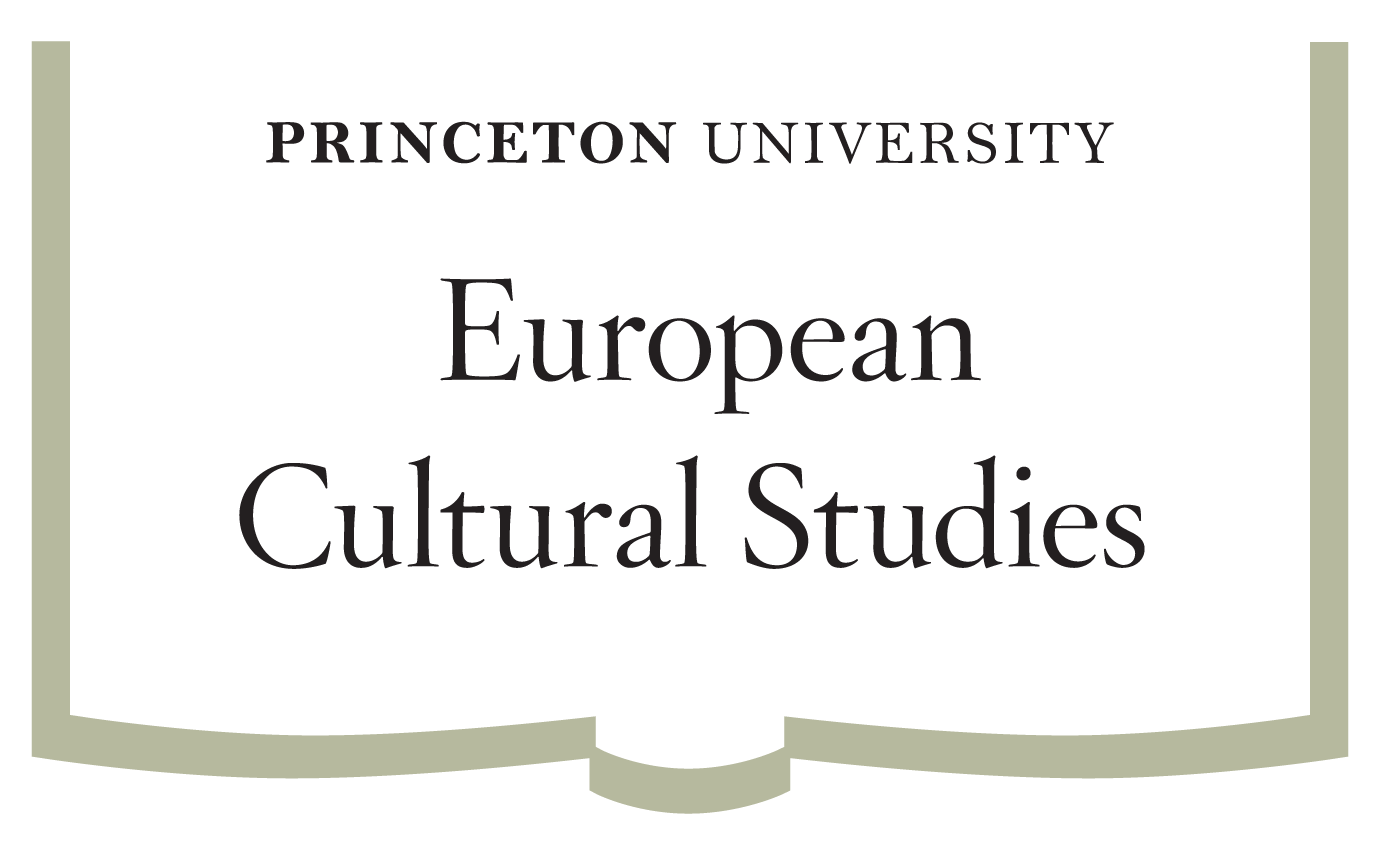
Now Is Simply the Mess. Formalism, Modernism, Again
Department of Music. Co-Sponsored by the Program in European Cultural Studies and the Program in Media & Modernity Seth Brodsky
September 24, 2018 · 4:30 pm—6:00 pm · Woolworth 102

As the title suggests, this is a talk about messes—old messes, of the kind that aesthetic modernism was concerned with both making and cleaning up, and new messes, like the one many of us find ourselves in right now politically, culturally, socially, technologically. On the one hand, it might seem a misplaced urge to talk about the historical category of modernism in relation to the current day: the superego injunction to discuss “more urgent things” lifts us up but also beats us down now, not least academics interested in aesthetic theory, and it finds in modernism’s monadic hauteur and pretentious loneliness an easy target for de-prioritization (Think collectively! Work together! Be transparent! Not top-of-list qualities of the stereotypical modernist.) But something of the present pings sympathetically with elements constitutive of aesthetic modernist theory and practice. This is especially true when thinking about music, where modernism’s historical coordinates are fuzzier and extend further into the present.
I build my speculations here around a motley series of encounters all concerned with form and formalism: the myth of Apollo and Marsyas, an interview with Samuel Beckett, the reign of Trump, the work of Caroline Levine, and the Freudian-Lacanian theory of drive; strung throughout are para-encounters with a string quartet of Helmut Lachenmann. But my question is essentially a historical one: as so many categories of experience defining of historical modernism—categories long thought to have been left behind—reemerge as impending conditions, what should we do with this uncanniness, these “formal correspondences,” this sense of repetition? As the revolutionary horizon begins (for better and worse) to reappear, as technology once again regains its utopian and dystopian charisma, and as hegemonic social classes seem poised for dissolution or at least radical realignment—in such a moment, what does modernism still have to tell us? And what does its sound have yet to augur?












